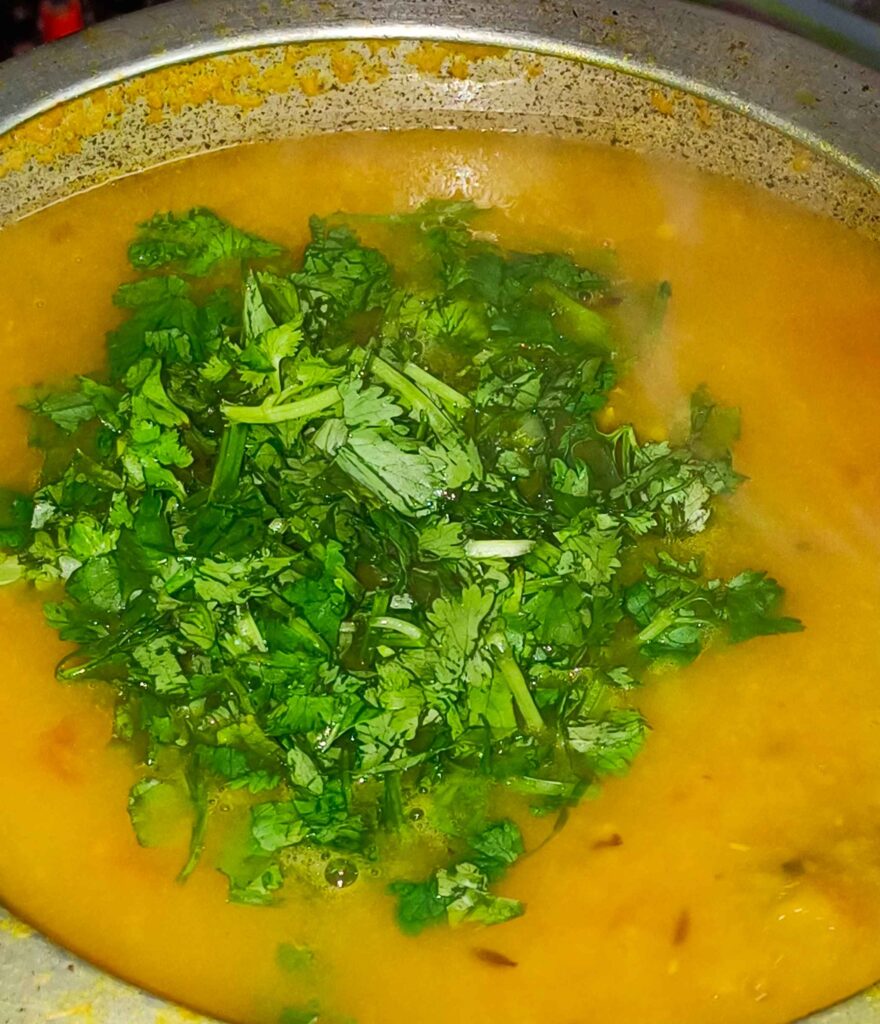Masoor Dal Recipe is easy to cook and can be prepared in a simple way. We will make different ways to cook and share delicious masoor dal recipes. It is also known as red lentils and is a popular ingredient in Indian cuisine.
Masoor dal is a type of lentil that is red or orange. It is a popular ingredient in Indian cuisine and is often used to make soups, stews, and curries. It is rich in protein, fiber, and other essential nutrients, making it a healthy addition to any diet.
Masoor Dal Recipe | Masoor Dal Benefits | 5 Tips For Skin |
Masoor Dal is often used to make dal, a popular Indian dish that is made by cooking lentils with various spices and vegetables.
This dish is a versatile ingredient that can be used in many different recipes.
However, like all foods, masoor dal may have some potential disadvantages, such as the presence of anti-nutrients, the risk of allergic reactions, flatulence, and high levels of purines in some people. It is essential to consume this dish in moderation and to prepare it properly to ensure maximum nutritional benefits and minimum risk of adverse effects. Overall, It is a healthy and nutritious food that can be an excellent addition to a balanced and healthy diet.
How To Make Masoor Dal:
Masoor Dal Recipe is a classic Indian dish that is easy to cook and can be prepared in many different ways. Here are some basic steps for how to make masoor dal:
Ingredients:
- 1 cup masoor dal
- 2 tomatoes, chopped
- 3-4 green chili
- 2 spoons of cooking oil/ghee
- 1 teaspoon cumin
- 1 teaspoon gram masala
- 1/2 teaspoon turmeric
- 2 bay leafs
- 3-4 red chili
- salt (according to taste)
Garnishing:
- some coriander leaves for garnishing
Tips:
Rinse the dal and soak it in water for 10–15 minutes.
Method:
- Peel and wash the tomato and cut it into small pieces.
- Wash green chili and cut it.
- Put the cooker into the flame and after heating the cooker, add 2 spoons of cooking oil.
- Now sprinkle cumin seeds and add bay leaf and red chili.
- Add small pieces of tomato and sauté it.
- Add turmeric powder, salt, and green chili.
- Mix it well and cook it for some time.
- Add some water if required.
- Now add masoor dal, stir well, and add water.
- After boiling the water, put the lid on the cooker.
- Boil the water for some time.
- And after two whistles. Switch off the gas.
- Put it on for 5–10 minutes and then remove the lid.
- Now add gram masala and stir well.
Wash coriander leaves and chopped them.
- Garnishing with green coriander and now masoor dal is ready for serving.
Nutritional Value of Masoor Dal:
Masoor dal is a nutritious food that is rich in several essential nutrients. Here is the approximate nutritional value of 100 grams of cooked it:
- Calories: 116
- Protein: 9 grams
- Carbohydrates: 20 grams
- Fiber: 8 grams
- Fat: 0.4 grams
- Iron: 1.5 milligrams
- Magnesium: 33 milligrams
- Potassium: 369 milligrams
- Folate: 120 micrograms
- Vitamin B6: 0.3 milligrams
Masoor Dal is a good source of protein, fiber, iron, magnesium, potassium, and vitamin B6. It is also relatively low in calories and fat, making it a healthy food choice for those who are looking to maintain a healthy weight. Additionally, the high fiber content of masoor dal can help regulate digestion and reduce the risk of constipation and other digestive issues. Overall, It is a nutritious and healthy food that can provide several health benefits when consumed as part of a balanced diet.
Masoor Dal Benefits:
Masoor Dal Recipe is a nutritious and healthy food that offers several health benefits. Here are some of the health benefits of this curry:
- High in protein: It is an excellent source of plant-based protein, which is important for building and repairing muscle tissue, and for supporting healthy bones, skin, and hair.
- Regulates blood sugar levels: It is a low glycemic index food, which means it releases sugar slowly into the bloodstream, helping to regulate blood sugar levels and prevent spikes and crashes.
- Good source of fiber: It is high in fiber, which can help to regulate digestion, improve bowel movements, and reduce the risk of constipation and other digestive issues.
- Lowers cholesterol levels: The soluble fiber in masoor dal can help to lower cholesterol levels by binding to cholesterol in the digestive system and preventing it from being absorbed into the bloodstream.
-
Rich in essential nutrients: It is rich in essential nutrients such as iron, potassium, magnesium, folate, and vitamin B6, which are important for maintaining overall health and well-being.
-
Boosts energy levels: The complex carbohydrates in masoor dal provide a slow release of energy, which can help to keep you feeling full and energized for longer periods of time.
Overall, masoor dal is a nutritious and healthy food that can provide several health benefits when consumed as part of a balanced diet.
The Disadvantage of Masoor Dal:
While It is generally considered a nutritious and healthy food, there are some potential disadvantages to consider:
Contains anti-nutrients: Like all legumes, masoor dal contains anti-nutrients such as phytic acid and lectins, which can bind to minerals and inhibit their absorption in the body. Soaking, sprouting, or fermenting the dal before cooking can help to reduce the levels of these anti-nutrients.
Allergic reactions: Some people may be allergic to legumes, including masoor dal, which can cause symptoms such as itching, hives, and difficulty breathing. If you have a known allergy to legumes, it’s best to avoid masoor dal.
Flatulence: This curry, like all legumes, contains complex carbohydrates that can be difficult to digest, leading to gas and bloating in some people. Cooking the dal thoroughly and adding spices such as cumin and asafoetida can help reduce the likelihood of flatulence.
High in purines: It is relatively high in purines, which are compounds that can be converted into uric acid in the body. High levels of uric acid can lead to gout and other health issues in some people. If you have a history of gout or high levels of uric acid, you should limit your intake of masoor dal.
5 Tips for Skin:
Masoor dal, also known as red lentils, is a popular ingredient in Indian cuisine. It is not only a healthy food item for your body, but also beneficial for your skin. Here are 5 benefits of masoor dal for the skin:
- Exfoliation: It is an excellent natural exfoliant. When applied as a face pack, it helps to remove dead skin cells, dirt, and impurities from the skin, revealing a fresh, glowing complexion.
- Anti-aging: It is rich in antioxidants that protect the skin from free radicals, which are responsible for premature aging of the skin. Regular use of masoor dal face packs can help to reduce the appearance of fine lines and wrinkles.
- Brightening: It contains vitamin C, which helps to brighten the skin and even out skin tone. It also helps to reduce the appearance of dark spots, blemishes, and acne scars.
- Oil Control: It is beneficial for people with oily skin as it helps to regulate the production of sebum, which is responsible for oily skin. Regular use of these dal face packs can help to keep the skin oil-free and prevent acne breakouts.
- Moisturizing: It is a natural moisturizer that helps to hydrate the skin and prevent dryness. It also helps to maintain the skin’s natural moisture barrier, which is essential for healthy, glowing skin.
Overall, masoor dal is a natural and affordable ingredient that can provide numerous benefits for your skin. It is important to note that if you have sensitive skin, it is advisable to do a patch test before using masoor dal on your face.
Conclusion:
Overall, masoor dal is a healthy and nutritious food that can provide several health benefits when consumed as part of a balanced diet. However, it’s important to be aware of these potential disadvantages and to consume the dal in moderation.
However, like all foods, It may have some potential disadvantages, such as the presence of anti-nutrients, the risk of allergic reactions, flatulence, and high levels of purines in some people. It is essential to consume this dal in moderation and to prepare it properly to ensure maximum nutritional benefits and minimum risk of adverse effects. Overall, it is a healthy and nutritious food that can be an excellent addition to a balanced and healthy diet.
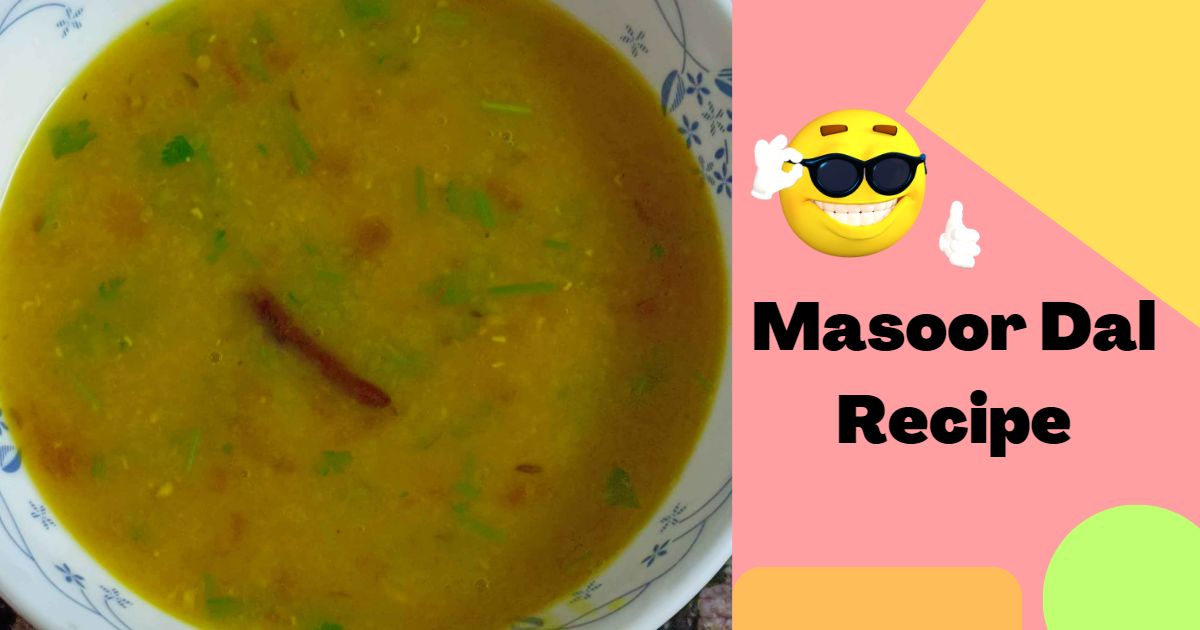
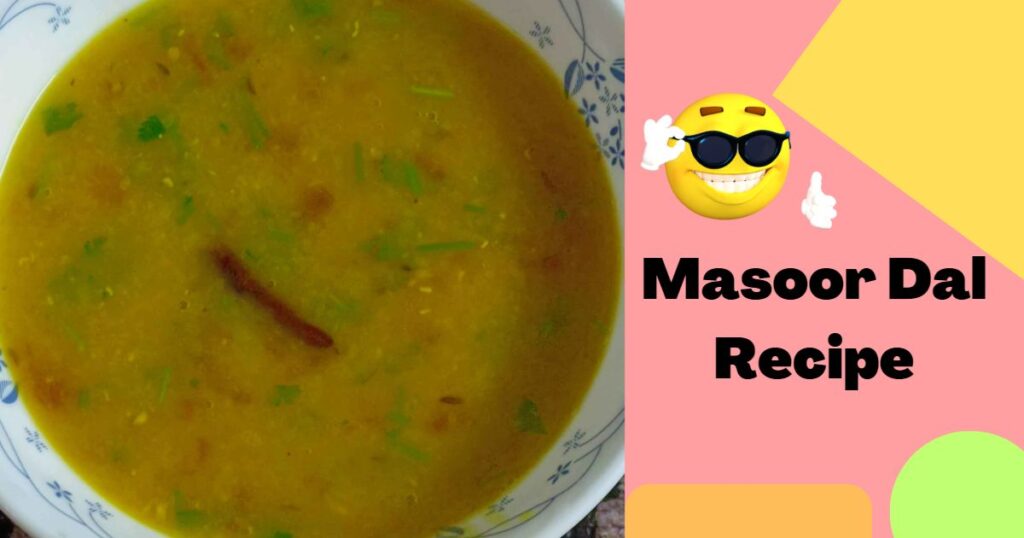
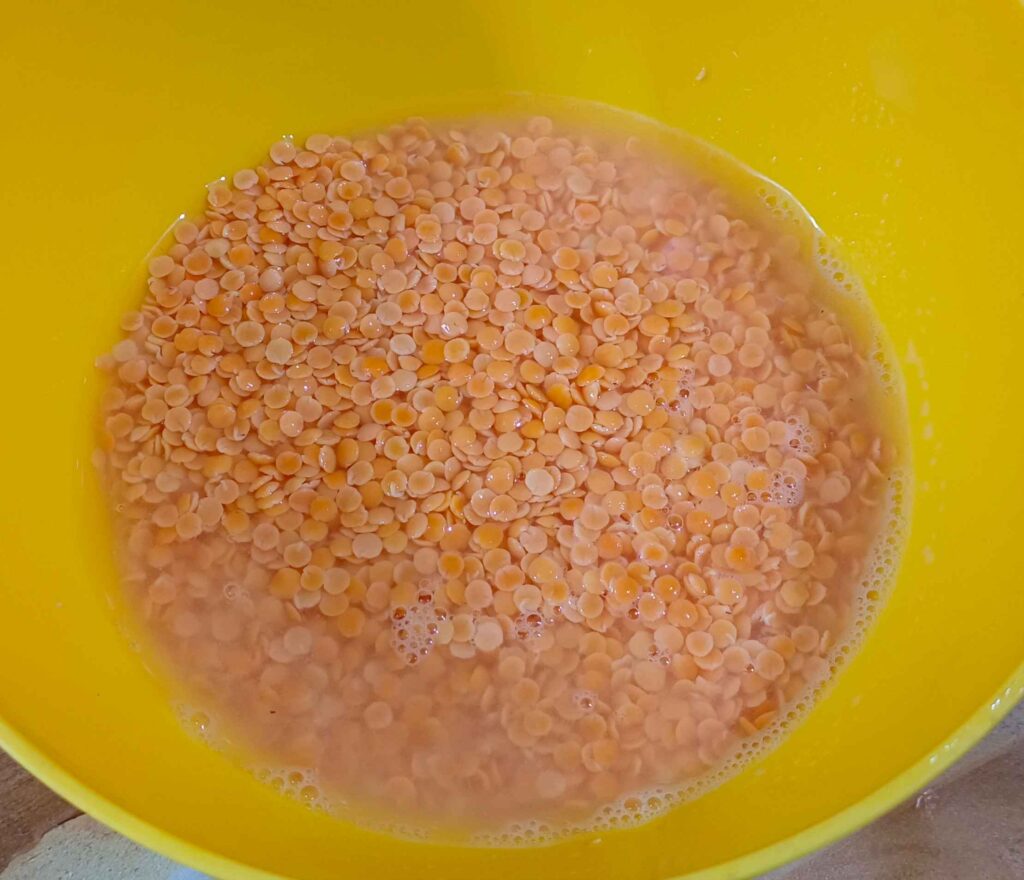
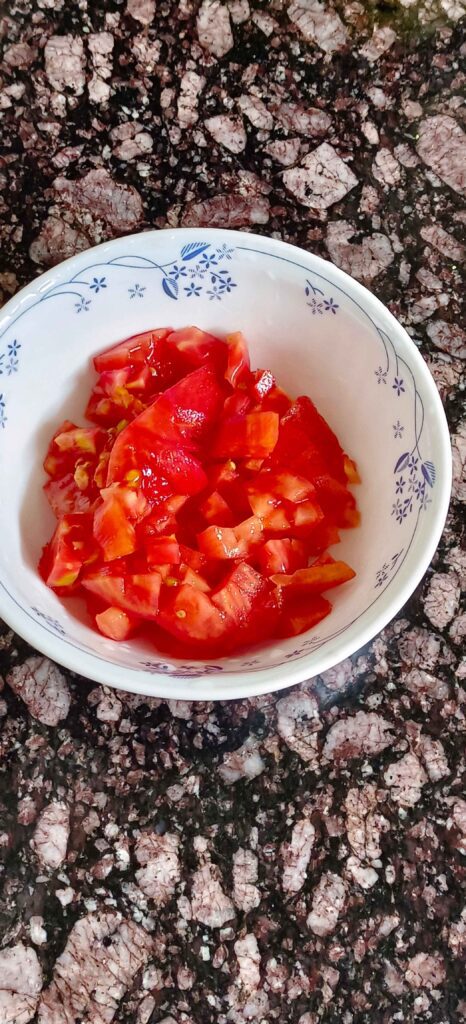
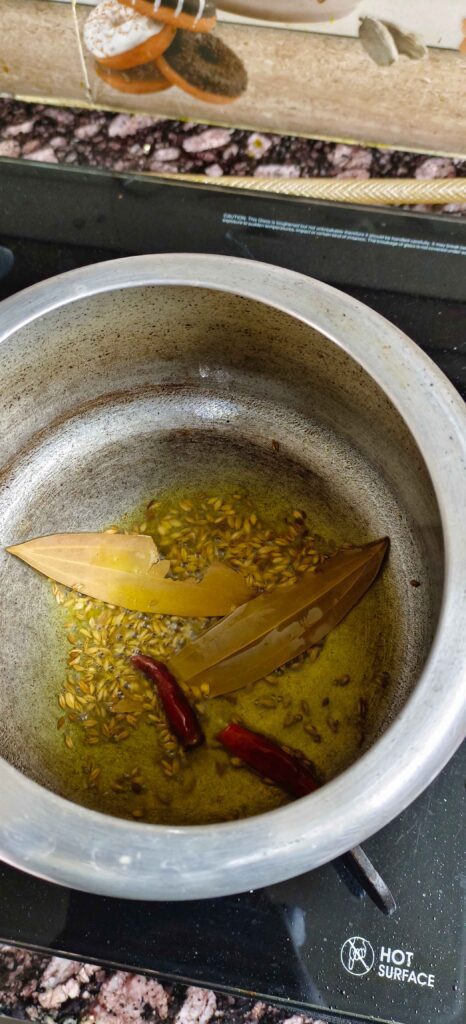
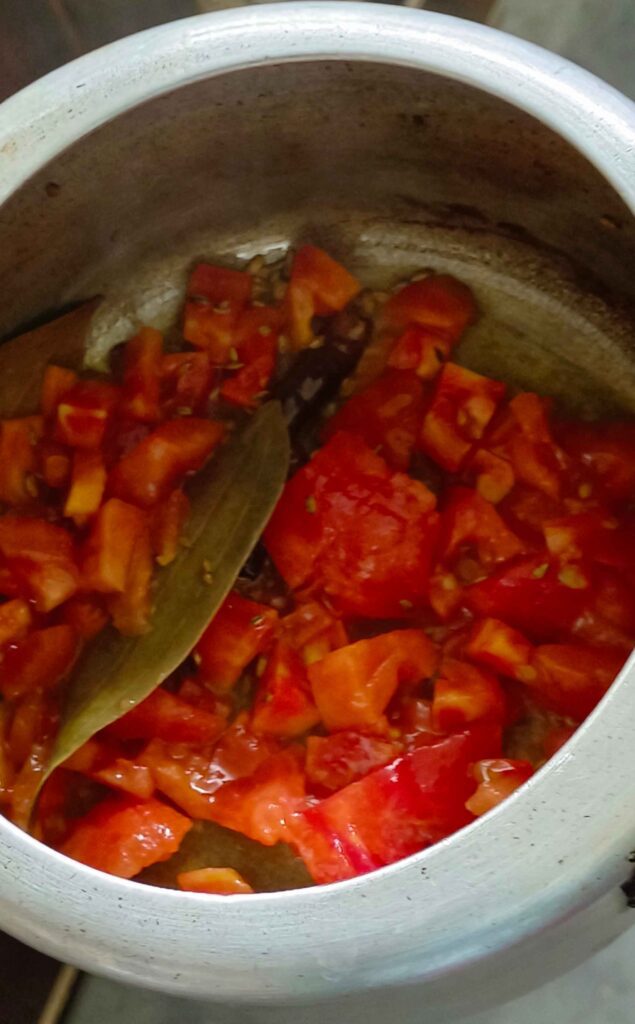
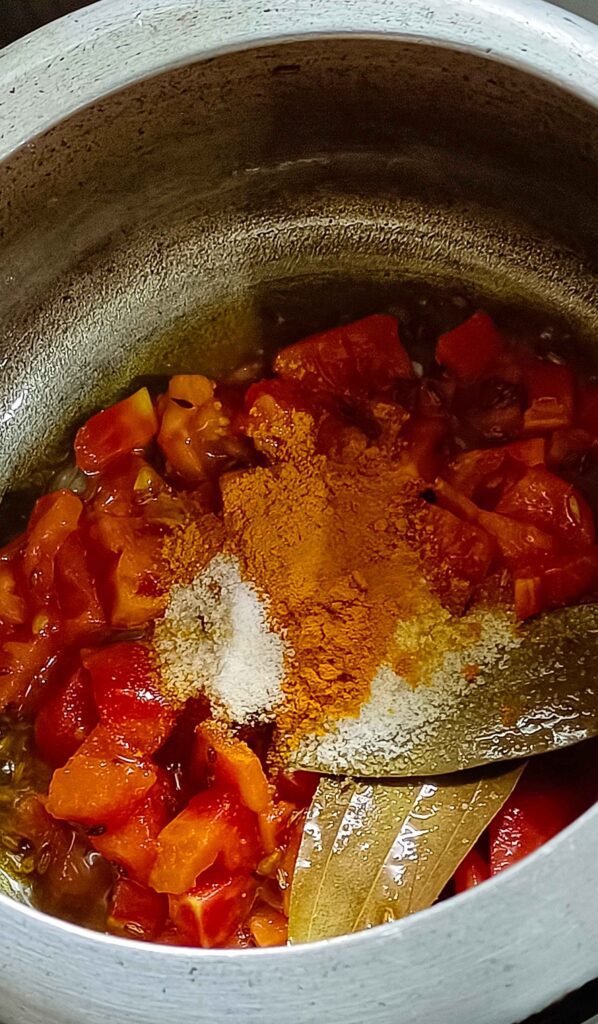
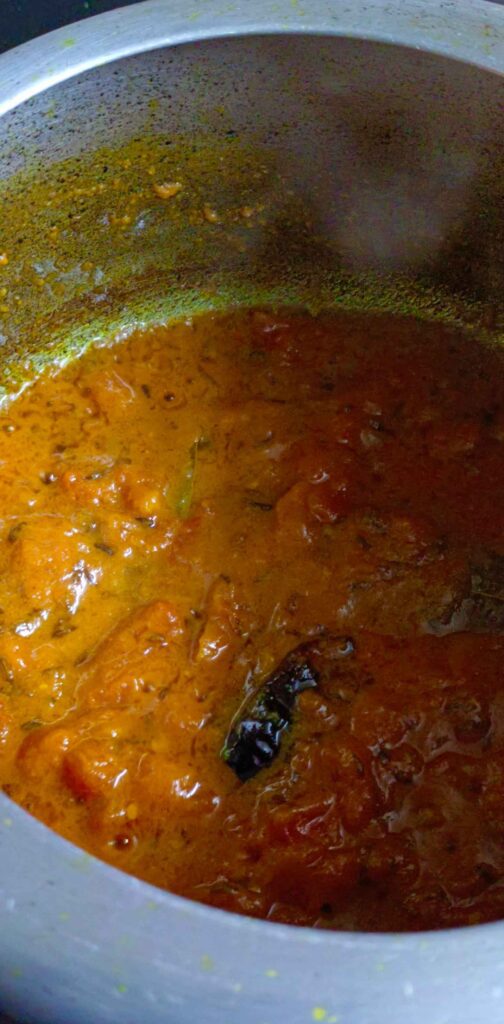
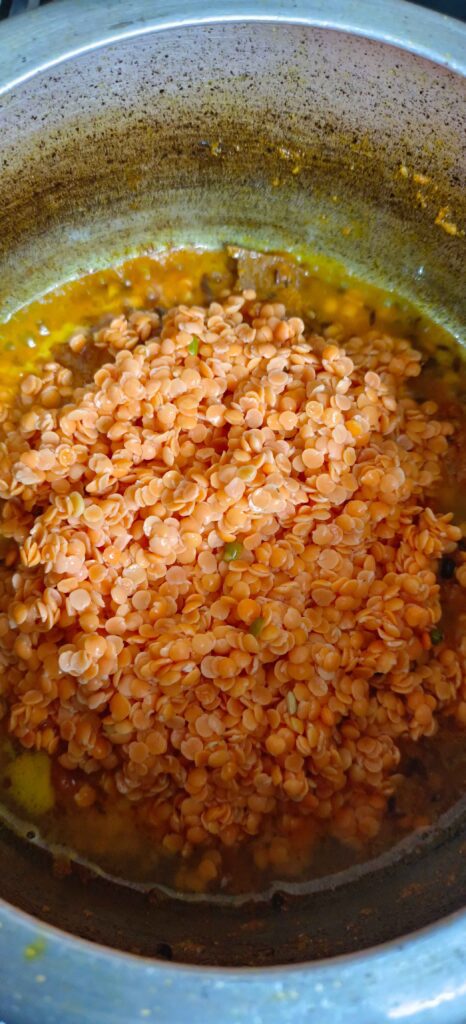
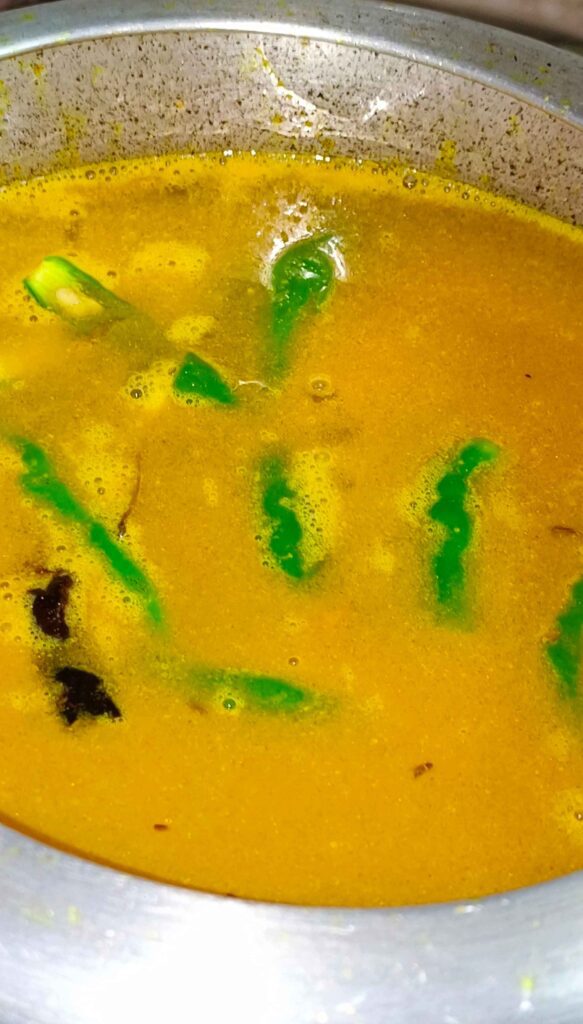
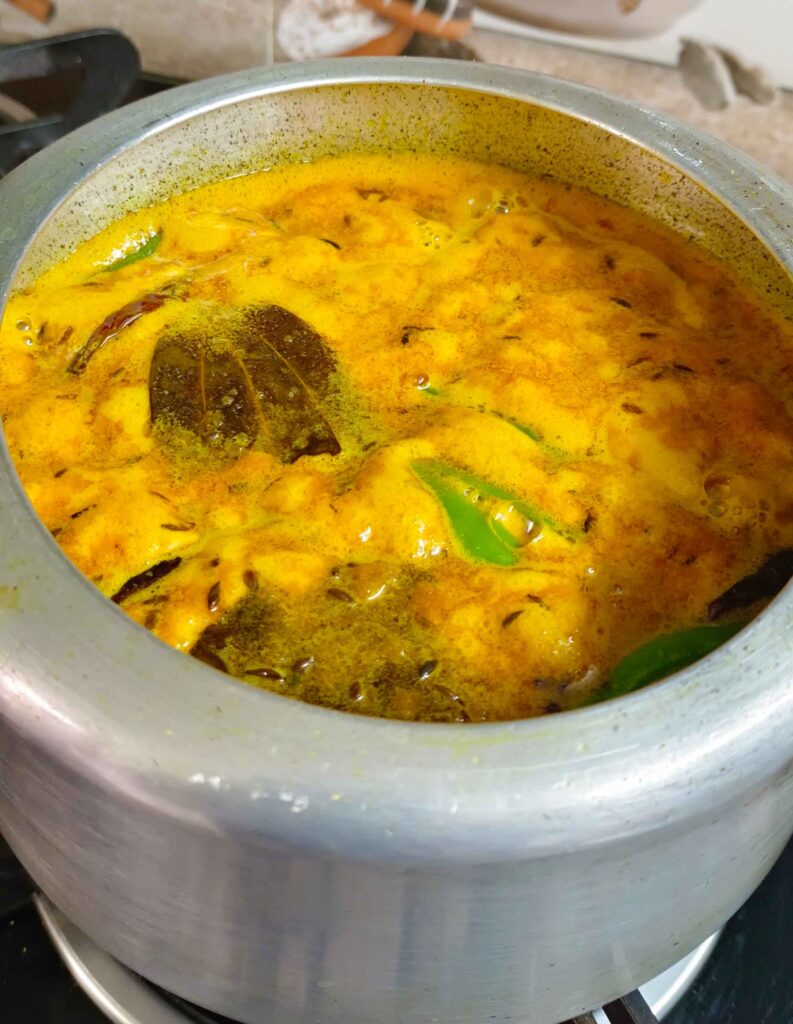
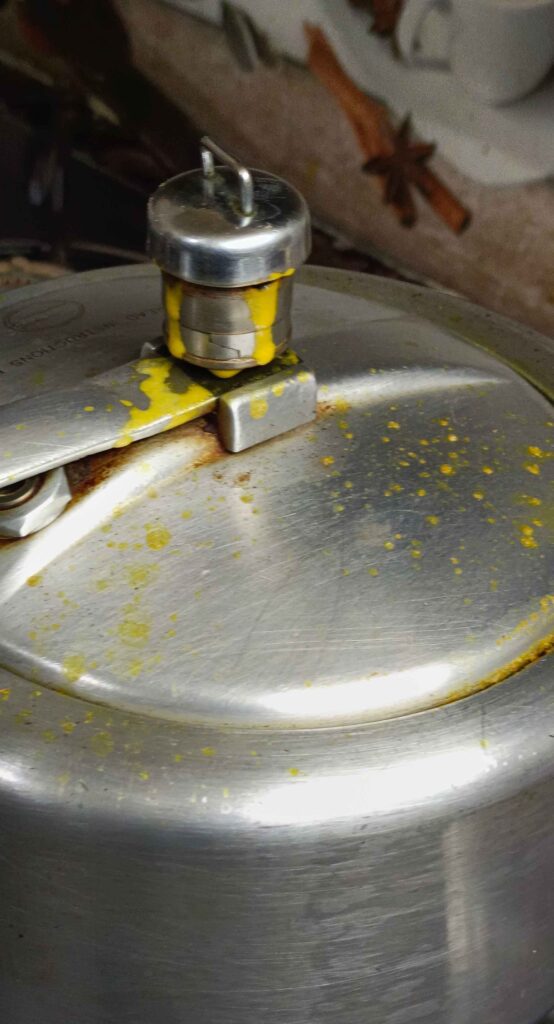
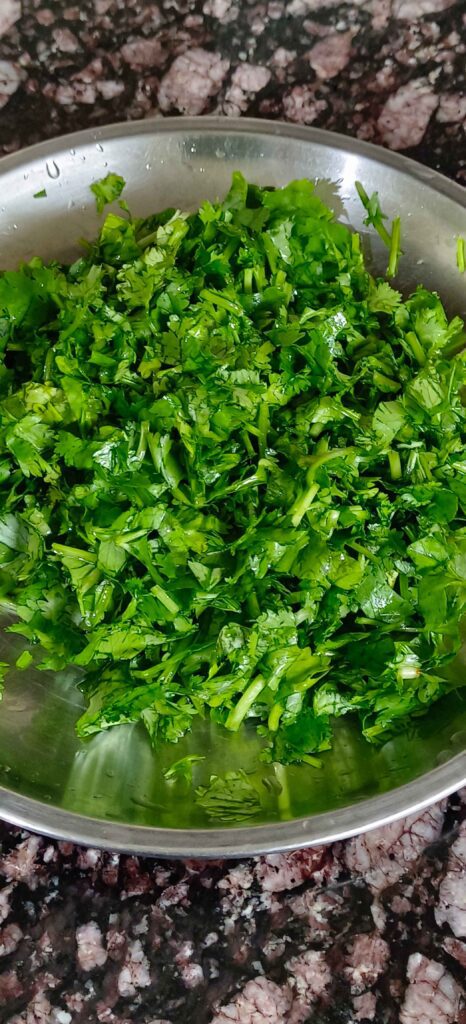 Wash coriander leaves and chopped them.
Wash coriander leaves and chopped them.